Your Cart is Empty
Free Shipping on all orders over $75!
Menu

Free Shipping on all orders over $75!
Nebulizer Systems
Travel Nebulizers
Nebulizer Accessories
Just For Kids
Oxygen Supplies
Peak asthma season is coming – are you ready?
September 10, 2013 2 min read
Did you know that hospitalizations due to asthma peak 17 days after labor day – or this year, on September 19th? While most people think of “asthma season” as later in the year, September is an epidemic month for asthma. Many people ask why, and it is a good question. Here are a few reasons asthma peaks in September.
-
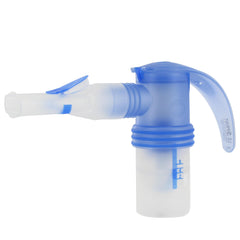 One of the main reasons is asthmatic kids are back at school. Schools are full of allergens. Many schools have mold, dust mites, pet dander, and other indoor allergens which can trigger asthmatic kids.
One of the main reasons is asthmatic kids are back at school. Schools are full of allergens. Many schools have mold, dust mites, pet dander, and other indoor allergens which can trigger asthmatic kids. - Outdoor allergens, such as ragweed, peak in late August or early September. Ragweed is one of the largest contributors to upper respiratory symptoms in the United States.
- While the traditional “flu season” is months off, many viral infections are spread and shared as kids are back in school and in organized activities.
- Stifling heat continues to affect many parts of the country, affecting the air quality in those areas.
- Indoor air pollutants, such as chalk dust, aerosols, and paint fumes in schools can also lead to an attack.
So what can you do?
Be sure you are prepared for the season. First, be sure your nebulizer system is ready with a new filter and nebulizer set. This will ensure you are receiving a full dose of your medication. Next, talk to your doctor if you suffer from seasonal allergies about medications you can take to keep symptoms at bay. Now is the time to stock up on hand sanitizer and remember to wipe down communal surfaces, like shopping carts. Consider sending your child to school with sanitizing wipes for their desks.
Finally, make sure you are monitoring your respiratory condition every day. Consider using a peak flow meter and an oximeter to measure your respiratory output. They are both non-invasive and inexpensive tools that can help you better predict an attack before you have any noticeable signs or symptoms. Also, we always recommend you use a spacer with your rescue inhaler to make sure you are receiving a full dose of your medication to help stop an attack in its tracks.
Subscribe
Sign up to get the latest on sales, new releases and more …
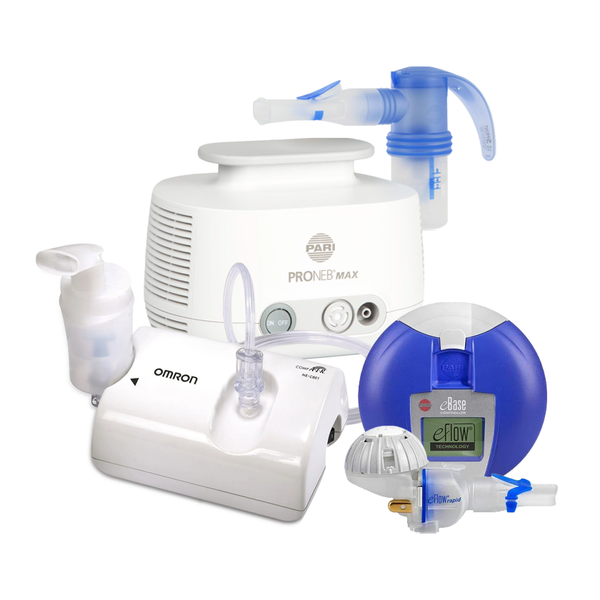
NEW CUSTOMERS SAVE $5 OFF YOUR FIRST PURCHASE OF $20 OR MORE
Code will be sent to email entered if applicable
SIGN UP FOR FUTURE SALES, NEW PRODUCTS AND ANNOUNCEMENTS
{"themeColor":"#061f77","iconColor":"#061f77","showLogo":true,"topBottomPosition":0,"rightLeftPosition":5,"iconSize":"large","iconCustomSize":64,"position":"middle-right"}
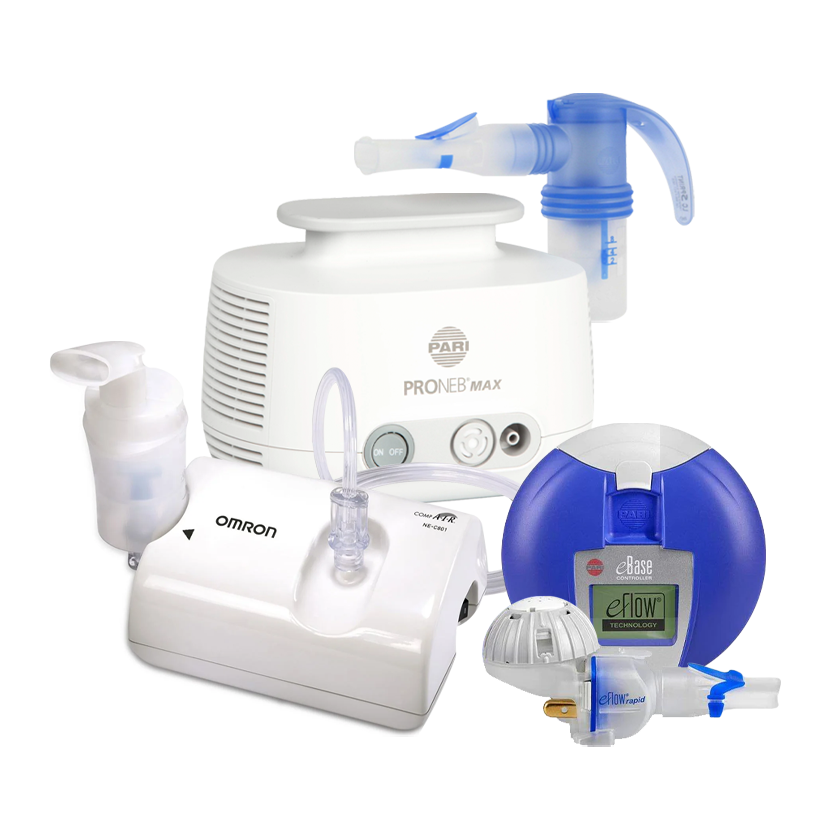
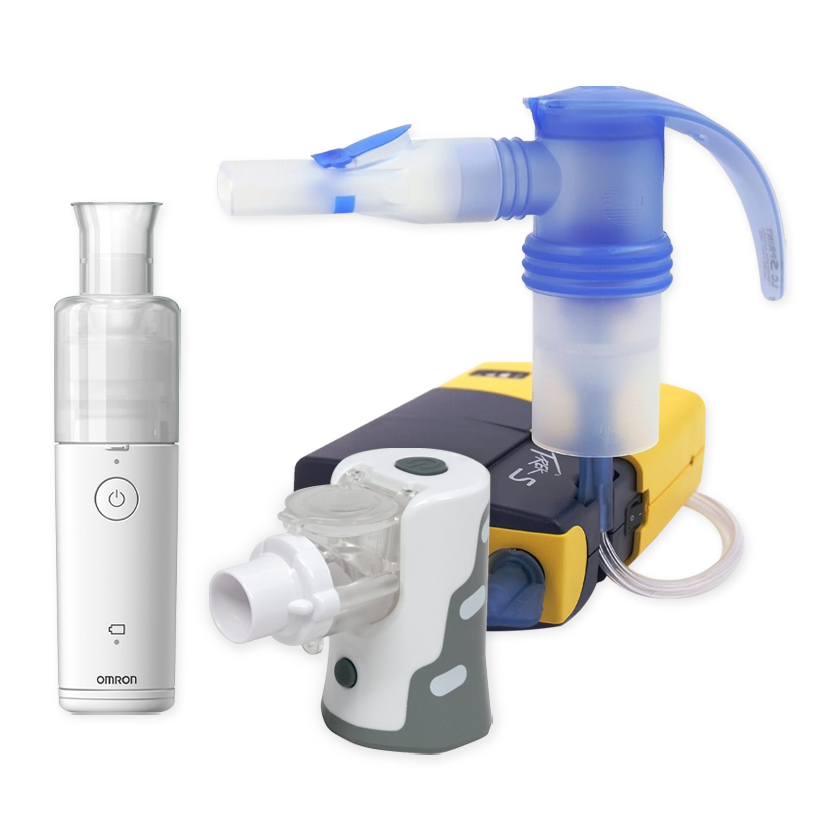
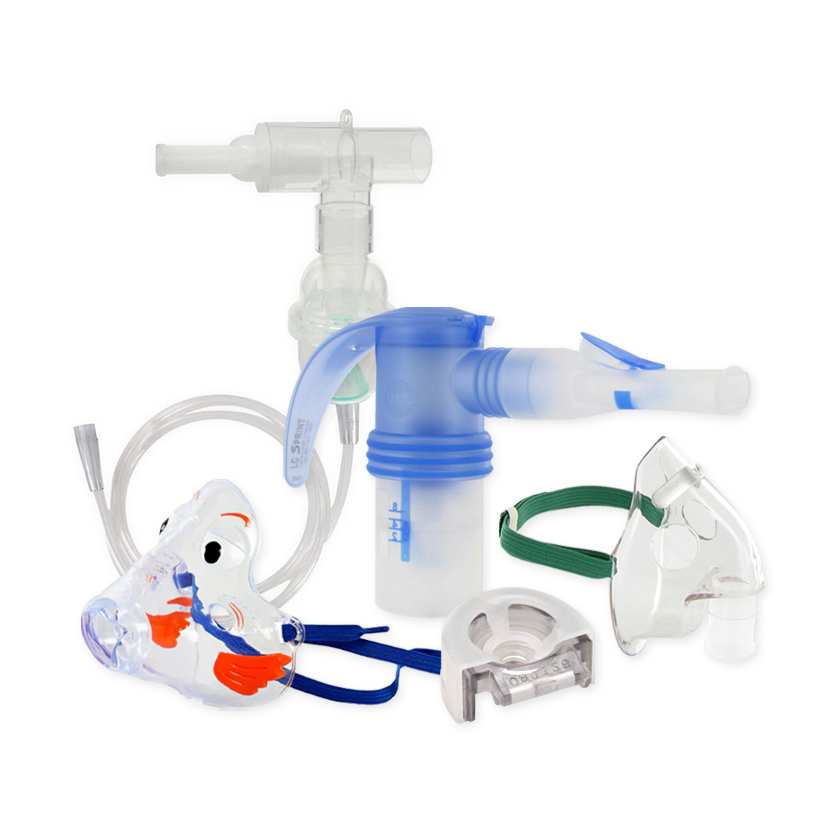
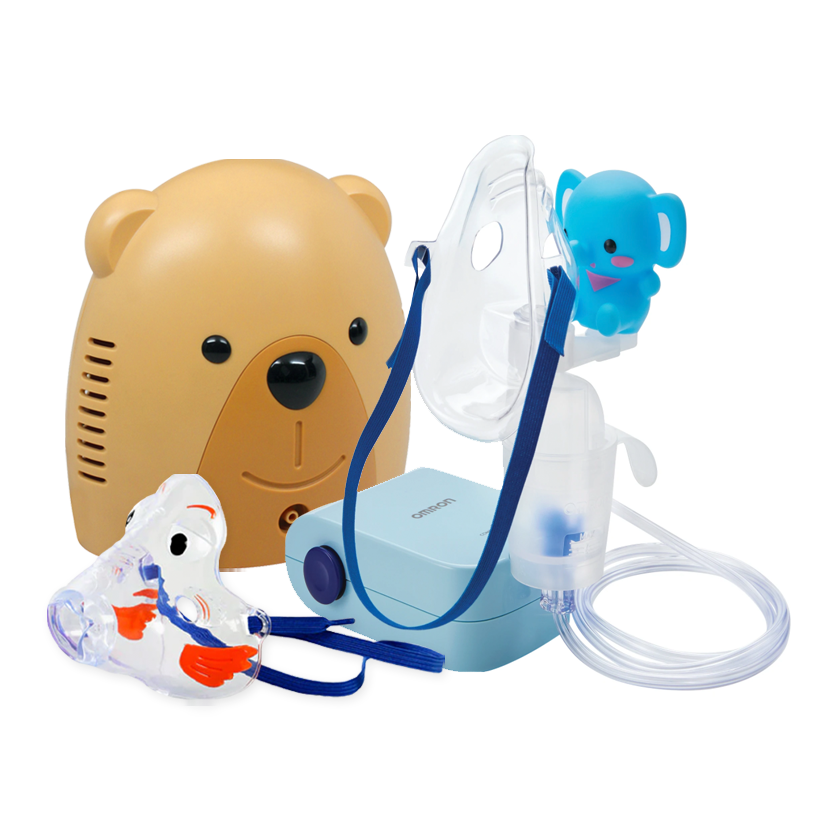
 One of the main reasons is asthmatic kids are back at school. Schools are full of allergens. Many schools have mold, dust mites, pet dander, and other indoor allergens which can trigger asthmatic kids.
One of the main reasons is asthmatic kids are back at school. Schools are full of allergens. Many schools have mold, dust mites, pet dander, and other indoor allergens which can trigger asthmatic kids.